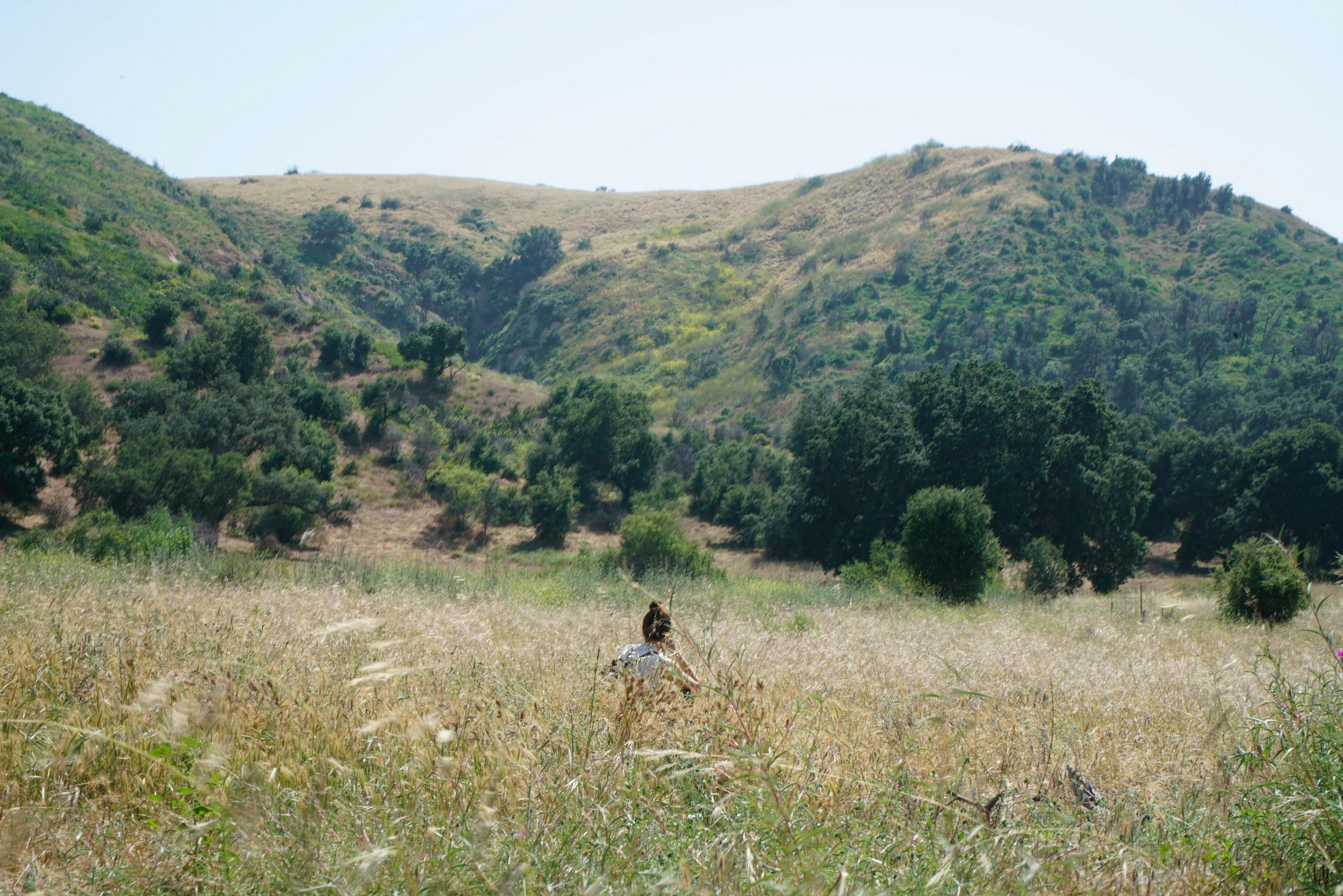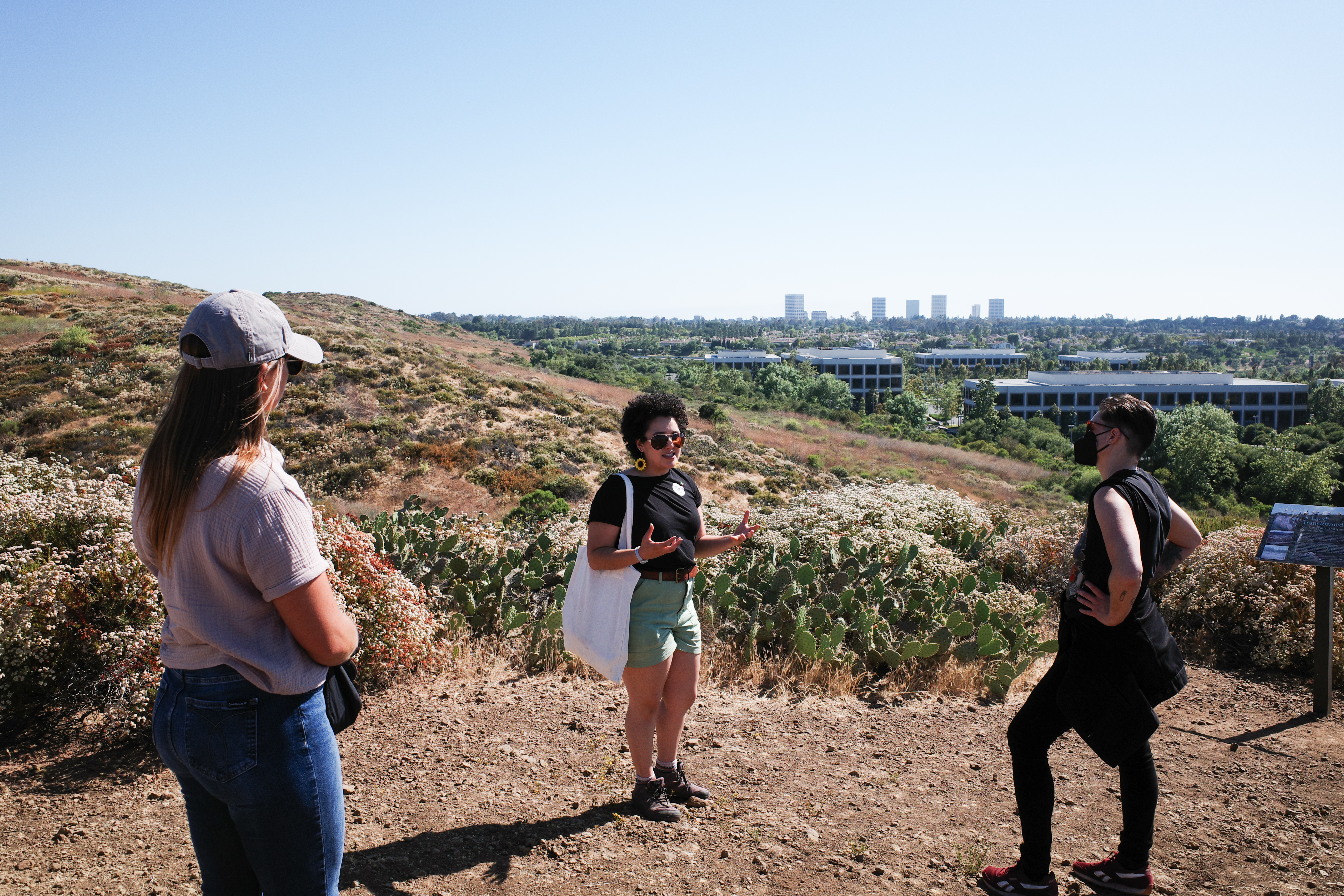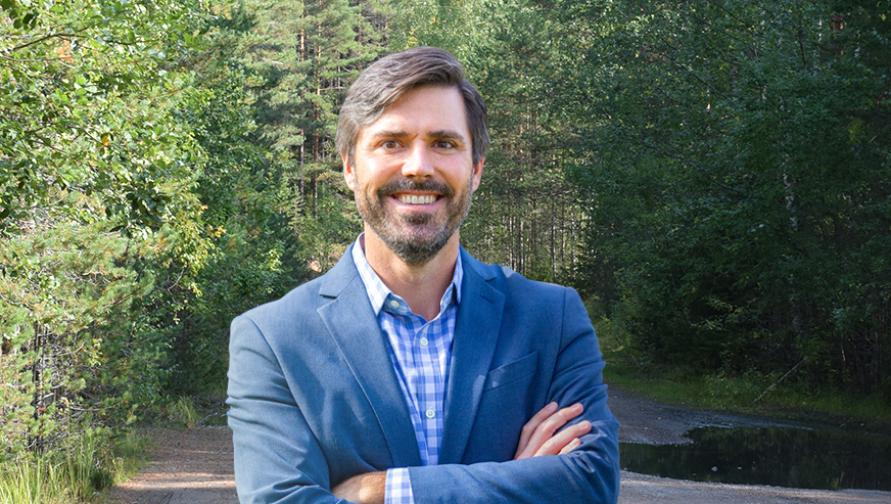The UCI Environmental Humanities Research Center addresses contemporary and historical approaches to understanding environment and climate through expressions of culture. Promoting research, teaching, and collaborative community outreach, the Environmental Humanities recognizes that meaningful climate action will require every member of our society to alter the ways that we think and act in our shared environment. Scholars across the humanities seek to understand and respond creatively to how humans make sense of the world. Doing so for our environment means parsing the political conditions, legacies of imperialism, economic ideologies, and relationships between culture and technology that produced and continue to exacerbate the Earth's precarious climate crisis. Through making connections and generating new ideas across its varied programming, the Environmental Humanities Research Center seeks to promote environmental justice and meaningful environmental change.
Image: Prayer for Burnt Forests workshop led by artist Julie Weitz at Limestone Canyon Nature Preserve, May 20, 2023, co-hosted by UCI Living with Wildfire Initiative, Environmental Humanities Research Center, Department of Art History, and Irvine Ranch Conservancy. Photo credit: Myra McCants.




